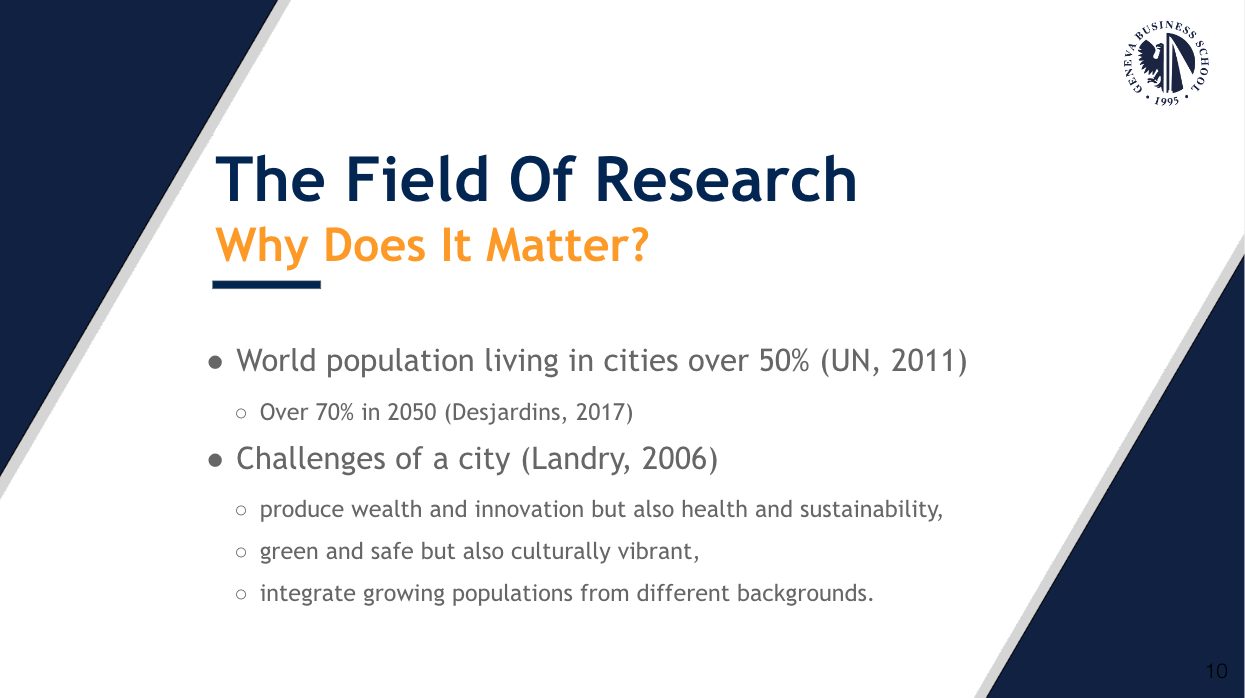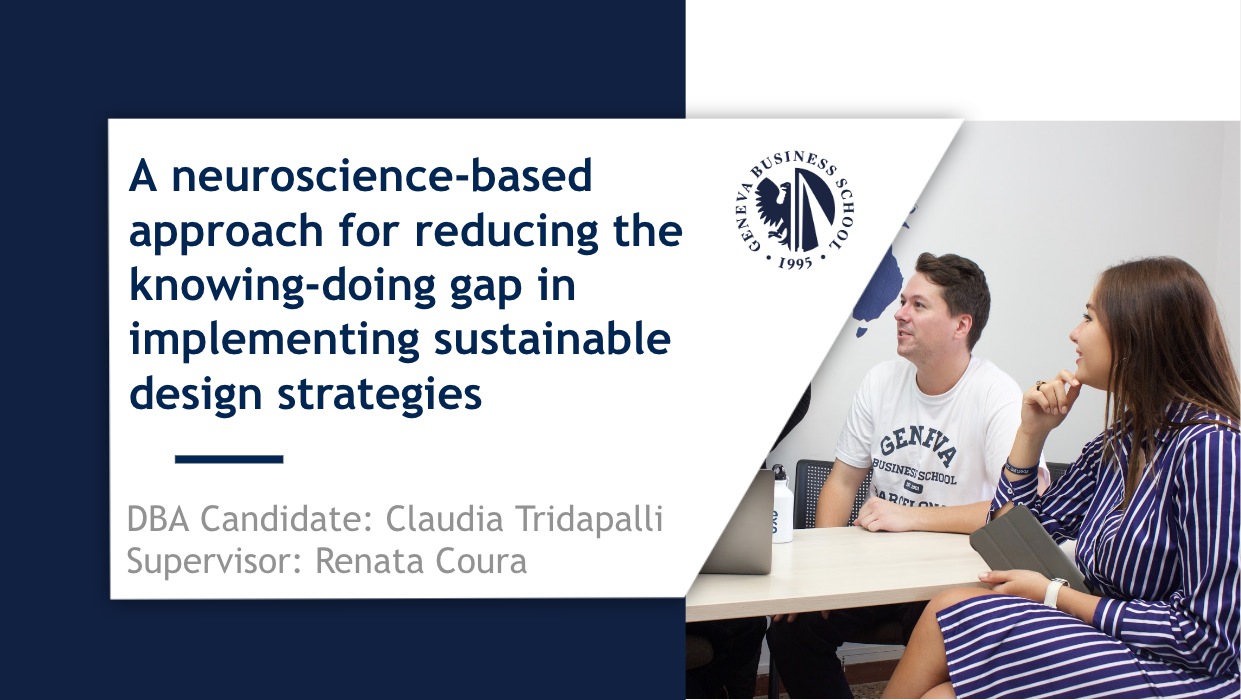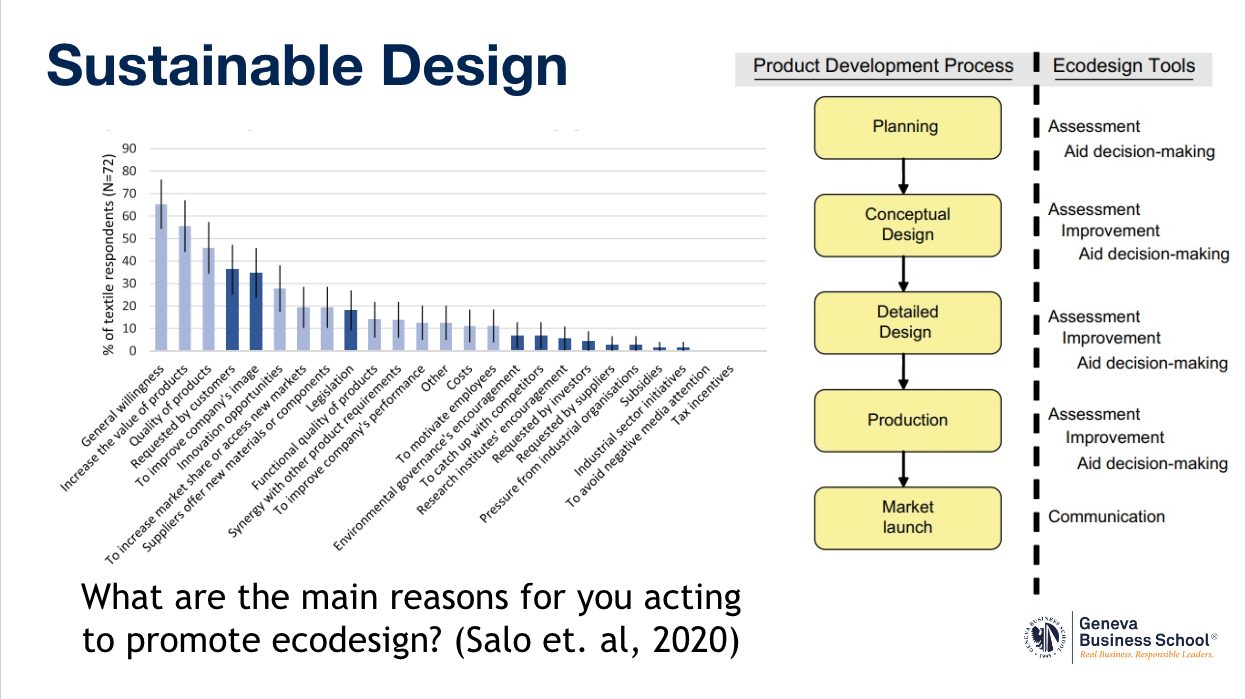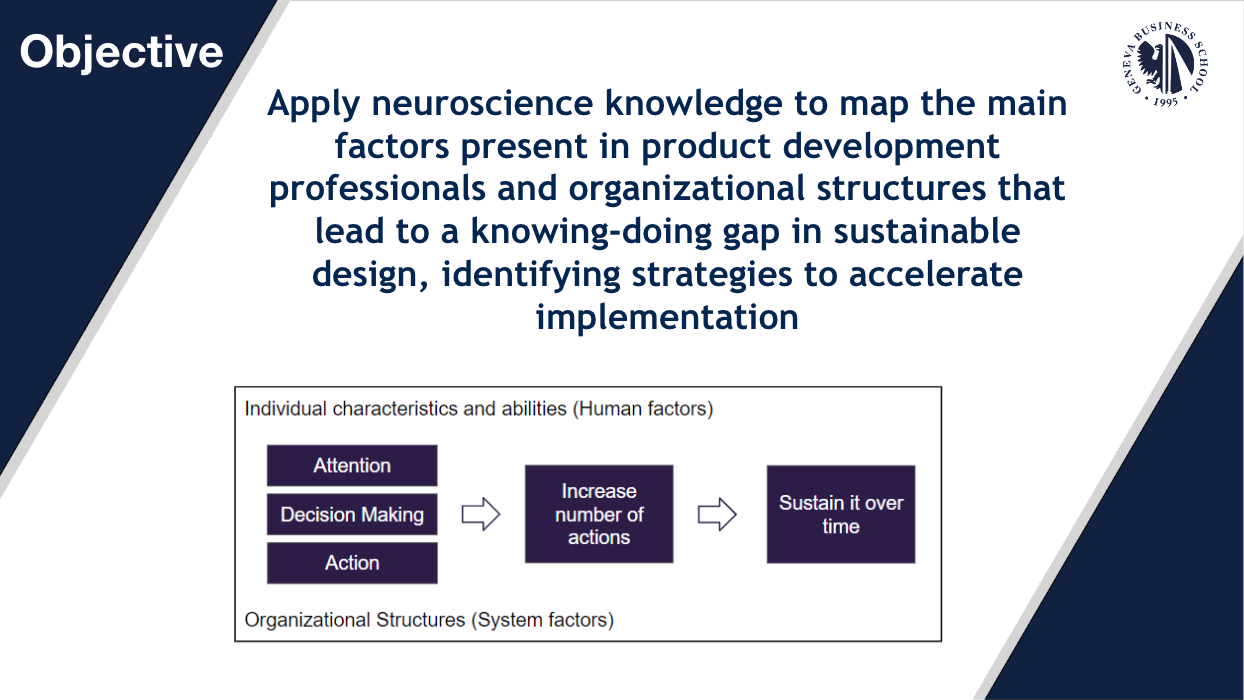DBA Thesis Check-ins – November 2022
Read two DBA candidates abstracts summarizing their research: Safa Basar’s research on managing smart cities and Claudia Tridapalli’s work on reducing knowing-doing gaps in sustainable design strategies
Here, we highlight the ongoing research of two students who have presented at their annual check-in in 2022: Safa Basar, whose thesis is focused on smart cities within Austria; and Claudia Tridapalli, who is researching a knowing-doing gap in sustainable design through the lens of neuroscience.
Safa Basar’s DBA Research
Safa’s thesis topic:
How to manage a smart city? Lessons for Austria.
ABSTRACT
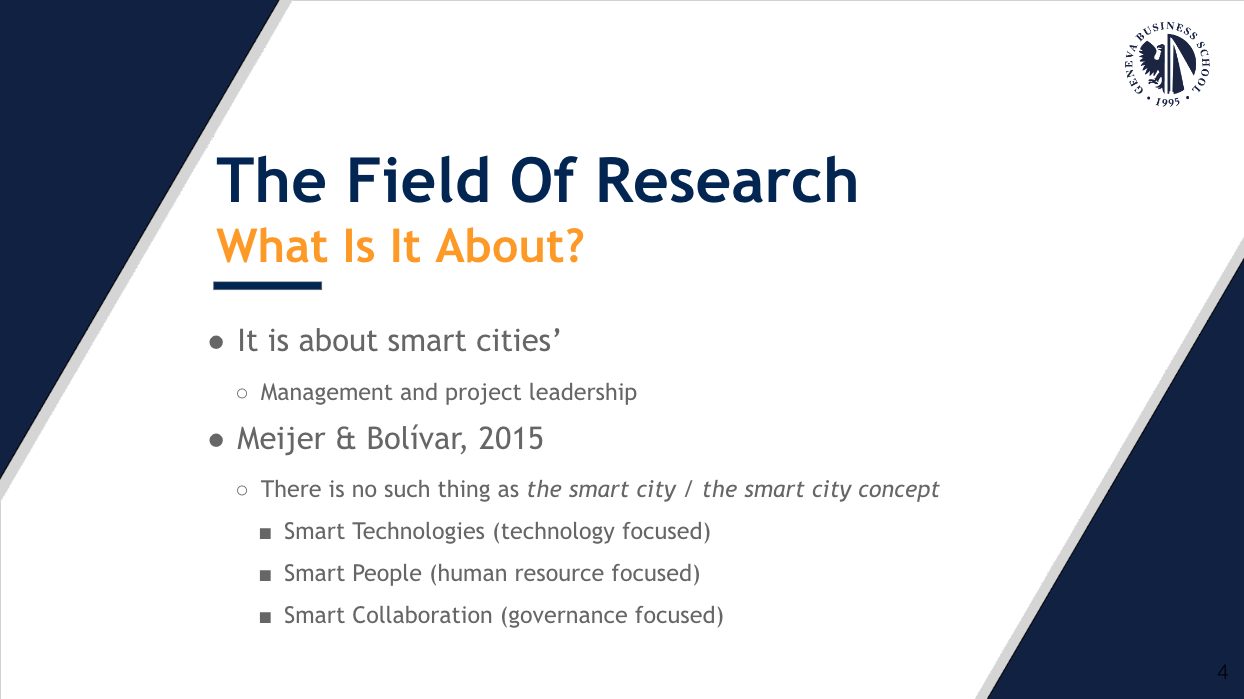
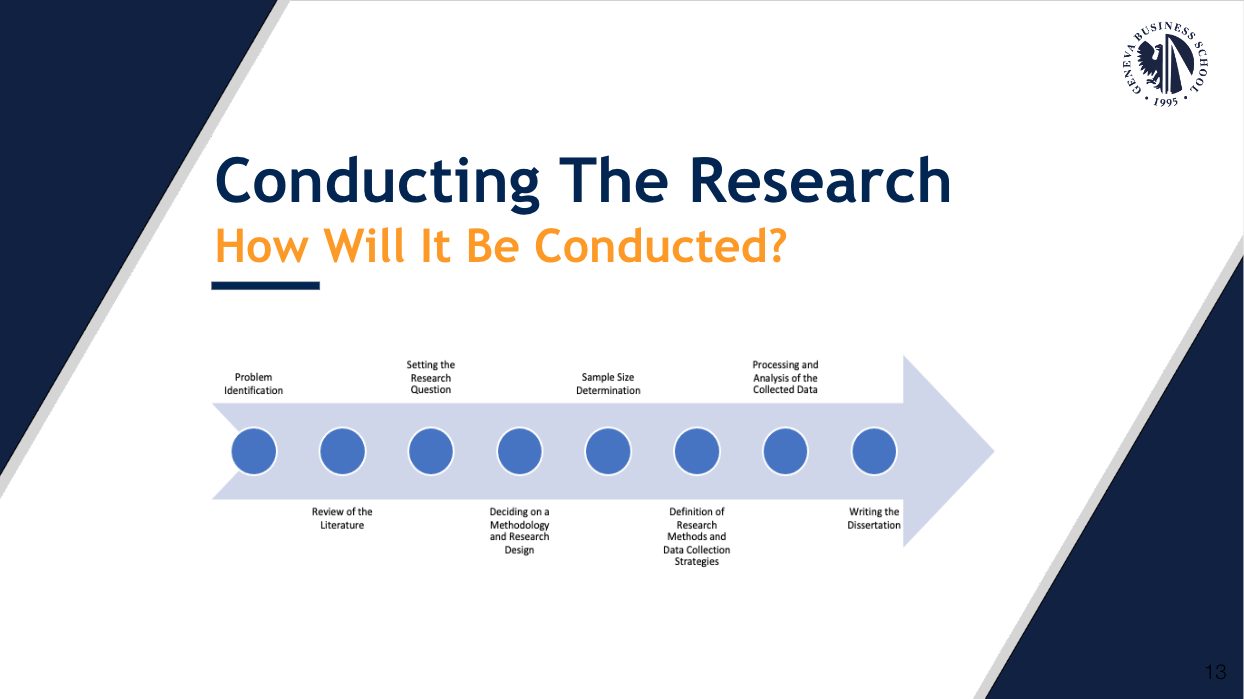
Once the elicitation of the local authorities of the cities Dusseldorf in Germany, Gothenburg in Sweden, Helsinki in Finland, Rotterdam in the Netherlands, and Tallinn in Estonia are done, five Austrian local authorities – Bludenz City, Bregenz City, Dornbirn City, Hohenems City, and Feldkirch City – will undergo the same procedure with the researcher.
After all of the data has been collected and analyzed, as well as compared with the priorly done literature review, management and leadership best practices in regards to smart city development and transformation projects can be suggested for the public sector of Austria.
Claudia Tridapalli’s DBA Research
Claudia’s thesis topic:
A neuroscience-based approach for reducing the knowing-doing gap in implementing sustainable design strategies
Claudia Tridapalli has an Engineering background with years of experience working with product development for large corporations in areas such as Sustainability and Lean. Today also focuses on developing her career as a teacher and researcher, bringing together past experiences and expertise with deep curiosity around human behavior, exploring ways to improve sustainable business strategies, education, and developing people.
ABSTRACT
Why do we do the things that we do? Recent studies have shown that more than 95% of the activities we do are automatic. People’s actions and behaviors are a result of a combination of factors that goes beyond what we call rational decisions. A deeper understanding of those factors can generate knowledge to create new practical strategies that can really drive changes in organizations and in their role in society.
The importance of embed sustainability strategies across the organization has grown recently, resulting in many efforts from academia and corporations to find the best approaches to make it happen in practice. Most of the past research done on this matter focused on tools and strategy development, as well as applying psychological behavior theories to understand motivations. The studies still point to a gap between intention and behavior, leaving room for further investigation into what influences these results.
An important sustainability practice is called sustainable design, which considers the possible impacts in all product life cycle stages, from raw materials, production processes, transportation, use, and end-of-life when designing products. This approach is one of the most important translations of strategies into tangible solutions, being a result of the decision of the company and their individuals to act.
This research aims to apply the neuroscience lens to map the main factors that lead to a knowing-doing gap in sustainable design, identifying strategies to accelerate implementation. The neuroscience fields of attention, decision-making, and action will be used as a base for the investigation, exploring the influence of individuals’ biological aspects together with organizational structures.
If you are interested in learning more about either research project please reach out to the DBA candidates directly:

DBA Thesis Check-in
December 2021
Jarya Kotyleng &
Elsy Sarkis-Garlough

DBA
Doctorate of Business Administration Program

Shifting Mindsets: Leading students to
take sustainability to
the next level





